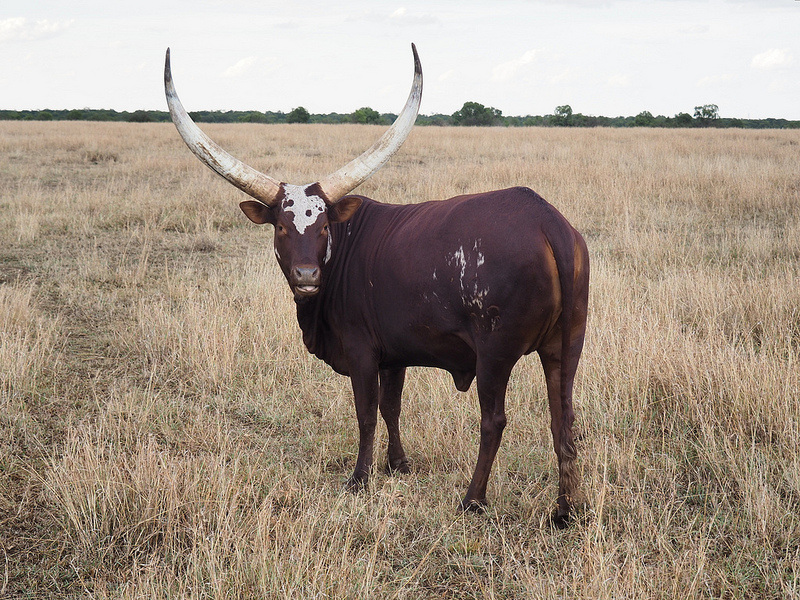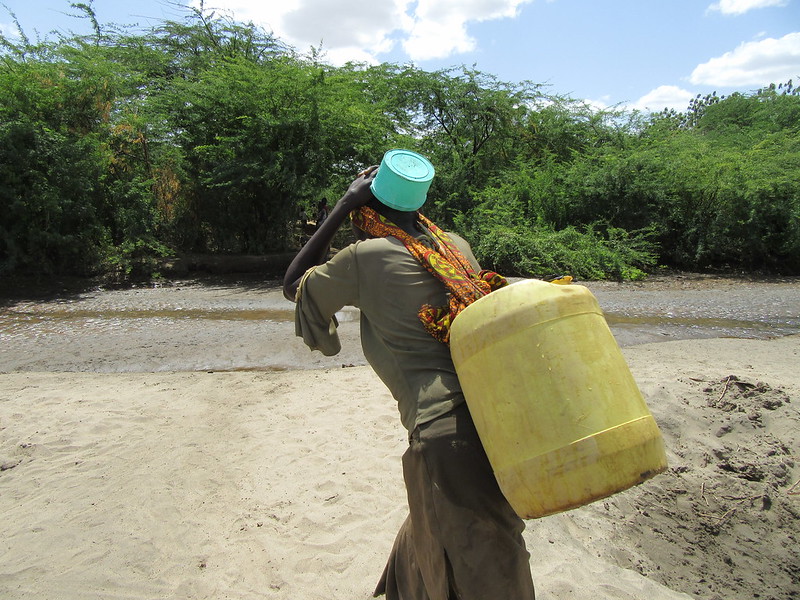Importance of wealth in African traditional society
0 Comments
CHRISTIAN APPROACHES TO WEALTH, MONEY AND POVERTY1. [1991] Q2b, c b) State the teaching of Jesus on wealth
c) Explain ways in which people misuse their wealth in society today
b) Give reasons why missionaries started schools
c) How does the church in Kenya use mass media to educate Kenyans?
3. 1995 Q 38 Give five reasons why it is important for a family to discuss its budget.
4. 1996 Q 18 State five factors which hinder Christians in Kenya from helping the needy. (5marks)
5. 1997 Q 18 Suggest five ways in which the Church in Kenya could help street children. (5marks)
6. 2001 Q 19 State five ways through which Christians show love to famine stricken people. (5marks)
7. 2003 Q 19 Give five reasons why Christians take up insurance policies. (5marks)
8. 2003 Q 2c (pp. 2) c) How should a Christian respond when offered a bribe? (6marks)
9. 2005 Q 3c (pp. 2) (c) Why do some Christians find it difficult to share their wealth with others? (6 marks)
10. 2005 Q 6c (pp. 2) Outline the steps the church is taking to reduce poverty in Kenya today. (7 marks)
11. 2007 Q 6a (pp. 2) (a) Explain how unfair distribution of wealth can lead to social disorder in Kenya today (8 marks)
12. 2009 Q 6 a) Explain four negative effects of the introduction of money economy on traditional African communities. (8 marks)
b) Outline six teachings of Jesus on wealth. (6 marks)
c) Give six reasons why Christians should not involve themselves in gambling. (6 marks)
13. 2010 Q 4c (c) Give six reasons why Christians find it difficult to help the needy in society today. (6 marks)
14. 2011 Q 4c (pp. 2) State seven reasons why some Christians find it difficult to help the sick (7 marks)
15. 2012 Q6a, 6c P2 (a) Outline the traditional African concept of wealth. (6 marks)
(c) Explain six ways the church is using to eradicate poverty in Kenya today. (6 marks)
16. [2015] Pp2 Q6 [A, B, C] (a) List seven ways in which wealth is acquired in traditional African communities. (7 marks)
(b) Explain the negative effects of the introduction of money economy in traditional African communities. (7 marks)
(c) How can Christians in Kenya help to narrow the gap between the rich and the poor? (6 marks)
TRADITIONAL AFRICAN UNDERSTANDING OF WEALTH AND POVERTYWealth
Assignment
Teaching on wealth
JESUS TEACHINGS OF WEALTH AND POVERTY: LUKE 16:1 – 32Introduction
While wealth is possession of material things such as money or occupation of a high social economic status, poverty is the opposite. It is lack of basic needs such as water, education, food, shelter, clothing, and health.
When teaching about wealth, Jesus taught using two parables. These were:
Parable of the shrewd manager
READ LUKE, 16: 1 – 18
When the shrewd manager realized that his master was going to sack him due to his dishonesty, he asked the debtors to change the amounts they owed their master to smaller amounts. He did this to make friends with a few people who would give him a place to stay after he was sacked. The master praised the shrewd manager and did not sack him. The shrewd manager is praised not because of his dishonesty but because he acted promptly and with great presence of mind in a moment of crisis.
Jesus is encouraging his disciples and followers to make prompt (quick, appropriate, timely) decisions. They should use wealth to serve God. It should not be allowed to take the place of God. Followers of Jesus should be honest in small and big things. The Rich Man and LazarusRead Luke, 16: 19 – 31
A rich man lived in luxury. At his gates was a poor man, called Lazarus whose body was covered by sores. The rich man did not feed Lazarus. He ate food remains together with the rich man’s dogs.
When rich man died, he went to hell. When Lazarus died, he went to heaven and sat at Abraham/s bosom. When in hell, the rich man was tormented while Lazarus was at peace. Lessons to learn from this parable
The rich isn’t condemned for being rich but because of his altitude towards Lazarus. He used his wealth for self-gratification and not for service to the needy. The wealthy should realize that it is God who gives wealth and he should be given honor. Riches can hinder the wealthy from inheriting eternal life, especially if they put their trust in riches instead of God who is the source of all wealth and blessings.
Revision exercise
|
AuthorAtika School Team Archives
October 2023
Categories
All
|
|
Primary Resources
College Resources
|
Secondary Resources
|
Contact Us
Manyam Franchise
P.O Box 1189 - 40200 Kisii Tel: 0728 450 424 Tel: 0738 619 279 E-mail - sales@manyamfranchise.com |




 RSS Feed
RSS Feed

